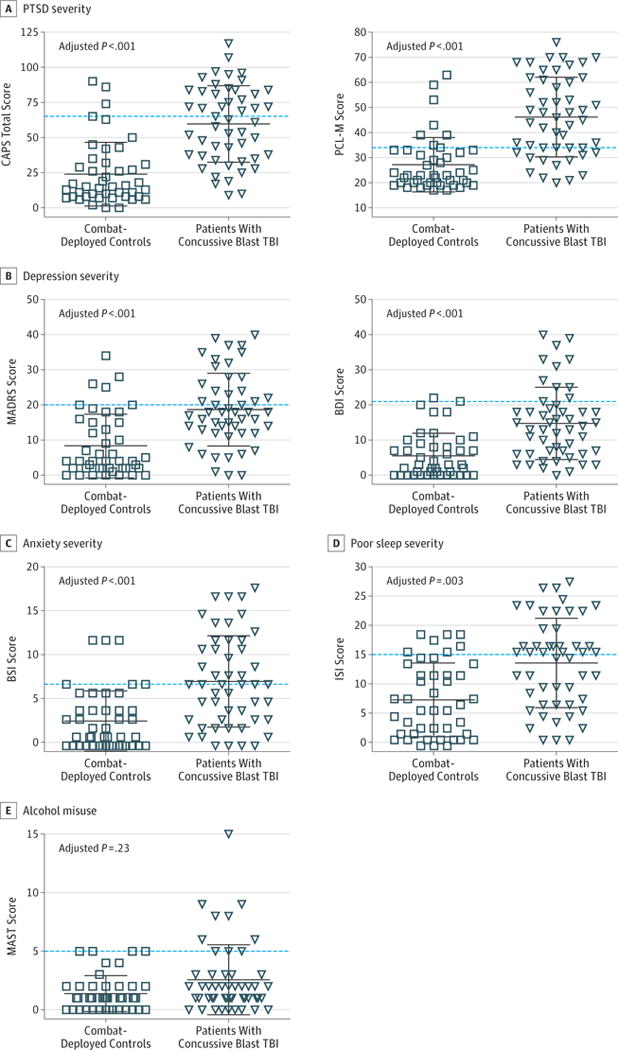Figure 3. Psychiatric Symptom Severity at 5-Year Follow-up.

A, Posttraumatic stress disorder (PTSD) severity was assessed using the Clinician-Administered PTSD Scale for Diagnostic and Statistical Manual of Mental Disorders, Fourth Edition (CAPS; scores range from 0–117, with higher scores indicating greater PTSD severity; maximum score, 136) and the self-administered PTSD Checklist–Military Version (PCL-M; scores range from 17–76, with higher scores indicating greater PTSD severity; maximum score, 85). B, Depression severity was assessed using the Montgomery-Asberg Depression Rating Scale (MADRS; scores range from 0–40, with higher scores indicating greater depression severity; maximum score, 60) and the self-administered Beck Depression Inventory (BDI; scores range from 0–40, with higher scores indicating greater depression severity; maximum score, 63). C, Anxiety symptom severity was assessed using the anxiety module of the Brief Symptom Inventory (BSI; scores range from 0–18, with higher scores indicating greater anxiety severity; maximum score, 24). D, Severity of poor sleep assessed using the Insomnia Severity Index (ISI; scores range from 0–28, with higher scores indicating worse sleep impairment; maximum score, 28). E, Alcohol misuse was assessed using the Michigan Alcoholism Screening Test (MAST; scores range from 0–15, with higher scores indicating greater alcohol impairment; maximum score, 22). TBI indicates traumatic brain injury. Each data marker represents an individual; horizontal black lines, mean (SD); and dashed lines, threshold for moderate to severe symptoms for each evaluation.
